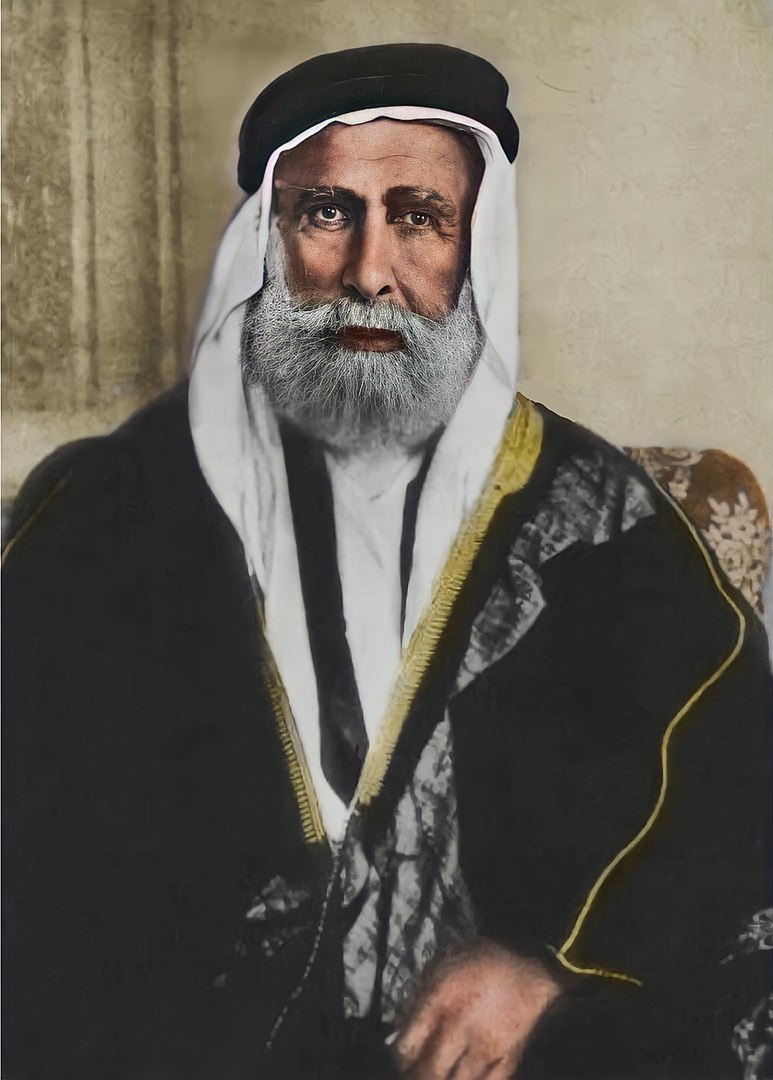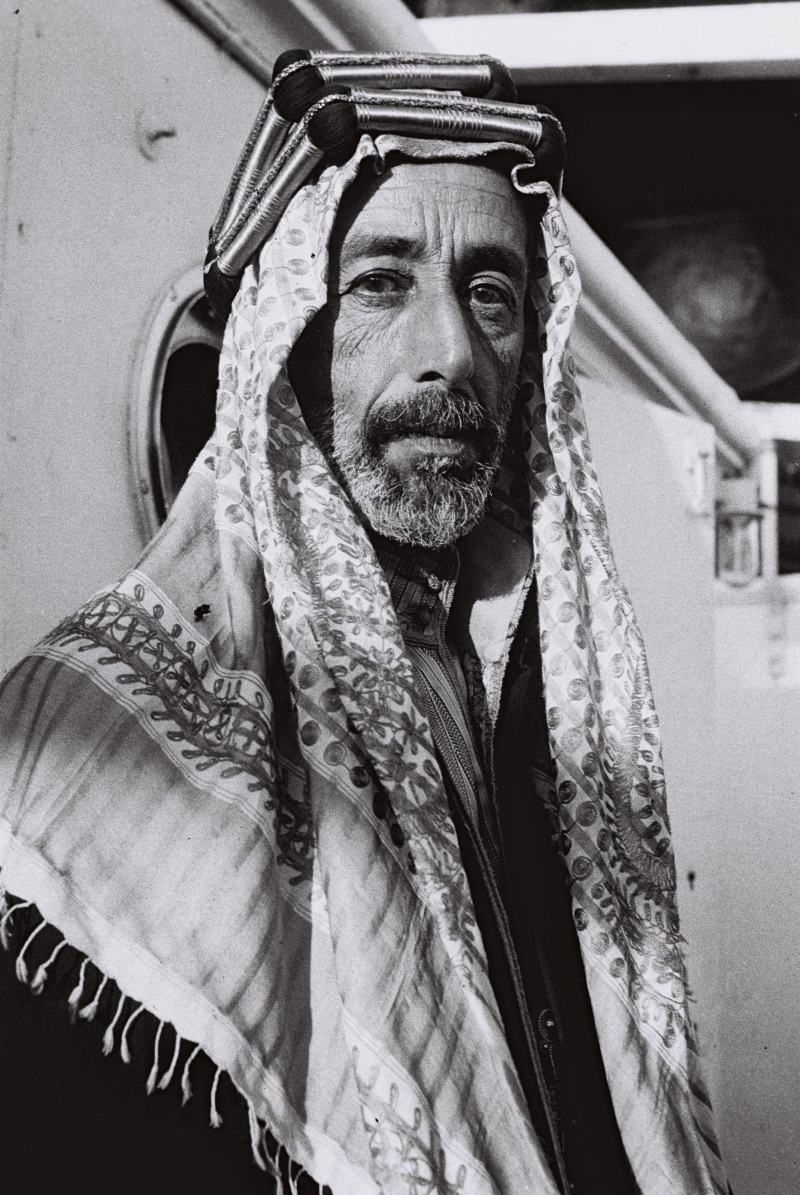Hussein bin Ali
One of the most important historical figures in Jordan is Hussein bin Ali. Hussein bin Ali al-Hashimi (1 May 1854 – 4 June 1931) was an Arab chieftain from the Banu Hashim tribe who was Sharif and Emir of Mecca from 1908 and King of the Hejaz from 1916 to 1924 after declaring the Great Arab Revolt against the Ottoman Empire. He also temporarily claimed the role of the Sharifian Caliph at the end of his reign. As a member of the Hashemite family, he was a 37th-generation direct descendant of Muhammad.
As a member of the Qatadid emirs of Mecca's Dhawu Awn tribe, he was thought to have rebellious tendencies and was summoned to Istanbul in 1893, where he was maintained on the Council of State. Following the Young Turk Revolution in 1908, he was appointed Emir of Mecca by Ottoman Sultan Abdul Hamid II. With the promise of British help for Arab independence, he declared the Arab Revolt against the Ottoman Empire in 1916, accusing the Committee of Union and Progress of breaking Islamic precepts and limiting the power of the sultan-caliph. Hussein declared himself "King of the Arab Countries" shortly after the rebellion began. His pan-Arab ambitions, however, were rejected by the Allies, who only recognized him as King of the Hejaz.
Hussein refused to ratify the Treaty of Versailles in response to the Balfour Declaration and the formation of British and French mandates in Syria, Iraq, and Palestine in the aftermath of World War I. He later refused to sign the Anglo-Hashemite Treaty, denying himself British backing when Ibn Saud attacked his country. When the Ottoman Caliphate was destroyed in March 1924, Hussein declared himself "Caliph of all Muslims." When he was defeated by Ibn Saud in October 1924, he abdicated and was succeeded as king by his eldest son Ali. In 1921, his sons Faisal and Abdullah were appointed kings of Iraq and Transjordan, respectively. On December 23, 1925, after the Kingdom of Hejaz was invaded by the Al Saud-Wahhabi armies of the Ikhwan, King Hussein bin Ali surrendered to the Saudis, effectively ending both the Kingdom of Hejaz and the Sharifate of Mecca.








